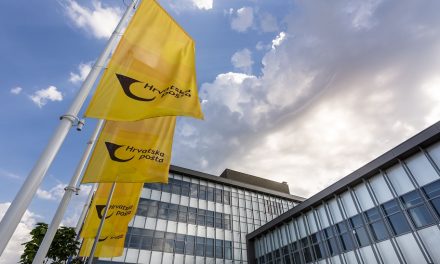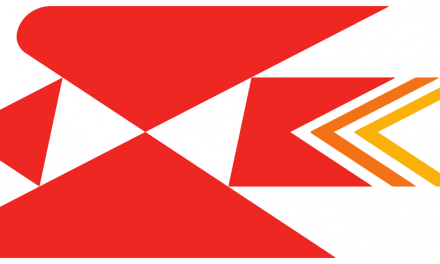
DHL and Accenture publish blockchain trend report

DHL and Accenture have teamed up to produce a new trend report on blockchain technology’s potential to transform the logistics industry.
The report includes initial findings on a working prototype developed by DHL and Accenture, which tracks pharmaceuticals from the point of origin to the consumer, preventing tampering and errors.
“The experiments with blockchain in finance are well known, but we believe logistics is an area where the new technology will have a truly profound impact,” said Matthias Heutger, Senior Vice President DHL Customer Solutions & Innovation. “Implementing productive solutions however, will require further technological development and, critically, collaboration between all stakeholders.”
Blockchain is a shared, distributed ledger that enables the process of recording transactions and tracking assets.
Here is DHL’s take on the technology: “Blockchain is a new type of database system that maintains, records and authenticates data and transactions. In supply chains, products are assigned unique identifiers that allow their entire history to be captured as it moves to the end customer. Stakeholders validate this information in real time and if anyone tries to tamper with, alter or erase a record, everyone will know.”
Keith Turner, CIO Chief Development Office, DHL Supply Chain, commented: “We see especially exciting potential for blockchain in pharmaceuticals, which is why we focused our proof of concept with Accenture on the life sciences and healthcare industry.
“By utilizing the inherent irrefutability within blockchain technologies, we can make great strides in highlighting tampering, reducing the risk of counterfeits and actually saving lives.”
DHL said that blockchain technology shows “great promise for dramatically improving the efficiency and reliability of supply chains in all industries”.
According to the logistics company: “DHL and Accenture’s pharmaceutical prototype is just one of the use cases highlighted in their trend report. Blockchain could also be used for asset management, to improve transparency and traceability, and to automate commercial processes with “smart contracts,” which facilitate and verify the performance of contracts without third parties. The potential for blockchain in logistics is significant. However, moving from concepts and pilot applications to actually deploying viable solutions will require the technology to be further developed, organizational transformation and a willingness to collaborate between all stakeholders. Success depends on all parties working together to transform legacy processes and to jointly adopt new ways of creating logistics value.”
Click here to download the report.












